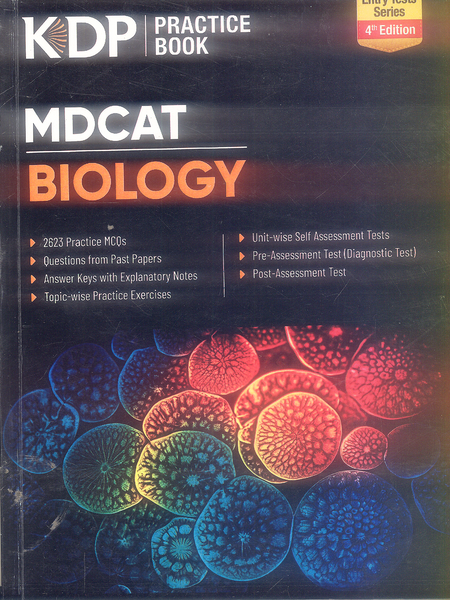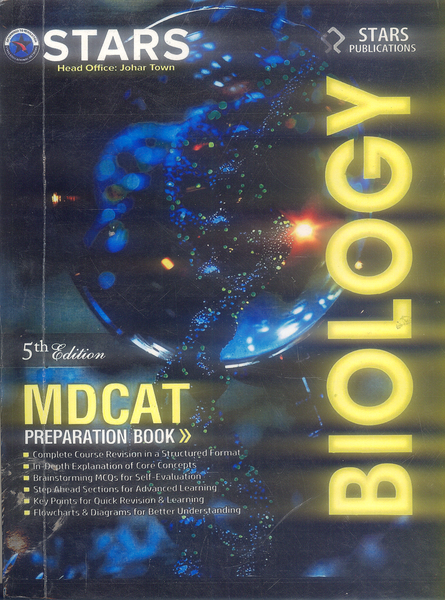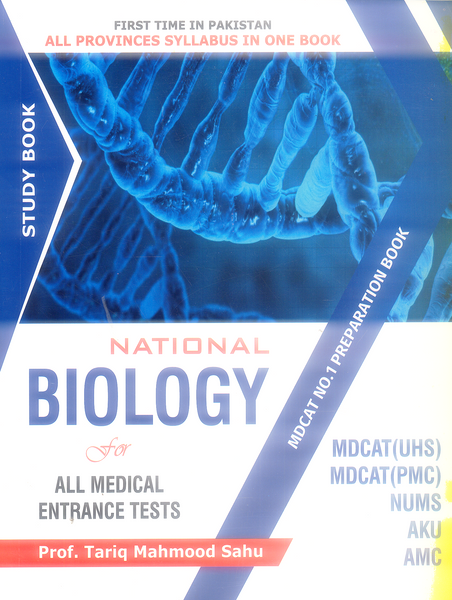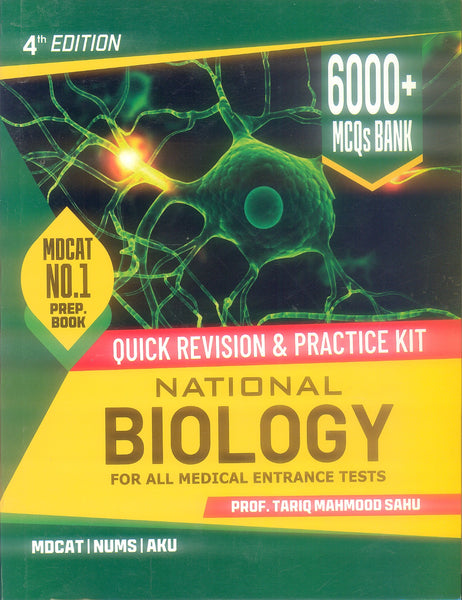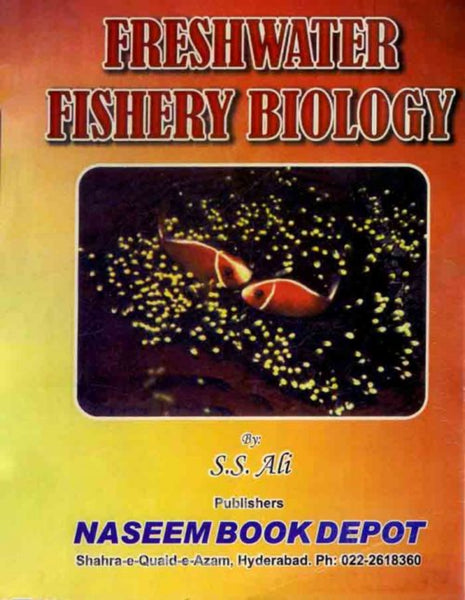The Unfolded Protein Response: Methods and Protocols by Roberto Pérez-Torrado (Editor)
- Publisher: BIOLOGY
- Availability: In Stock
- SKU: 49409
- Number of Pages: 344
Rs.790.00
Rs.1,050.00
Tags: Autophagy , best books , Best Price , Best Selling Books , Biochemistry , Cell Stress , Cellular Adaptation , Cellular Homeostasis , Cellular Stress Response , Chaperone Proteins , Endoplasmic Reticulum , ER Stress , ER-Associated Degradation , Heat Shock Proteins , Methods and Protocols , Misfolded Protein Clearance , Molecular Biology , Molecular Chaperones , Molecular Pathways , Neurodegenerative Diseases , ONLINE BOOKS , Online Bookshop , Protein Aggregation , Protein Degradation , Protein Folding , Protein Folding Disorders , Protein Homeostasis , Protein Misfolding , Protein Misfolding Diseases , Protein Modification , Protein Quality Control , Protein Refolding , Protein Trafficking , Proteostasis , Roberto Pérez-Torrado , Stress Response Mechanisms , The Unfolded Protein Response , UPR Signaling
The Unfolded Protein Response: Methods and Protocols
Author: Roberto Pérez-Torrado (Editor)
Quality: Black White Pakistan Print
Introduction
The Unfolded Protein Response: Methods and Protocols edited by Roberto Pérez-Torrado is a detailed guide on the unfolded protein response (UPR), a cellular stress response related to protein folding in the endoplasmic reticulum (ER). The book compiles a wide range of experimental methods and protocols to study the UPR at the molecular, cellular, and biochemical levels. It covers techniques for analyzing ER stress, monitoring protein folding, and measuring cellular responses. This book serves as a valuable resource for researchers aiming to understand the mechanisms of UPR and its implications in diseases like cancer, diabetes, and neurodegeneration.
Key Points
-
Comprehensive Experimental Protocols
-
The book provides step-by-step protocols for studying the UPR, including methods for protein folding analysis, stress induction, and molecular signaling pathway identification.
-
-
Techniques for Monitoring ER Stress
-
Detailed methods are provided for detecting ER stress markers, including real-time PCR, western blotting, and immunohistochemistry.
-
-
Functional Assays and Gene Expression Analysis
-
The book includes protocols for analyzing UPR-related gene expression and functional assays to study protein folding and degradation.
-
-
UPR-Linked Disease Models
-
It discusses how UPR dysfunction contributes to diseases like cancer, diabetes, and neurodegenerative disorders, providing insights into therapeutic targets.
-
-
Data Interpretation and Troubleshooting
-
The book offers guidance on data analysis, interpretation, and troubleshooting common issues encountered in UPR research.
-
Why Read This Book
This book is essential for molecular biologists, biochemists, and cell biologists studying protein homeostasis and ER stress. Its clear protocols and practical insights make it a valuable resource for both new and experienced researchers.
Conclusion
The Unfolded Protein Response: Methods and Protocols by Roberto Pérez-Torrado offers a thorough and practical guide to studying the UPR. It combines technical detail with biological relevance, making it an indispensable reference for understanding protein folding, stress responses, and disease mechanisms.



